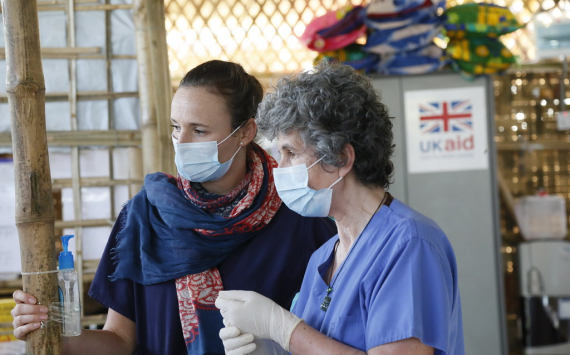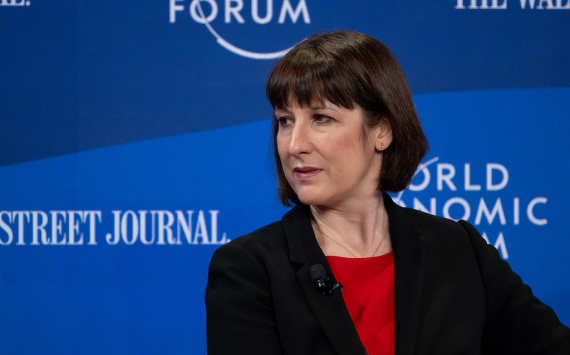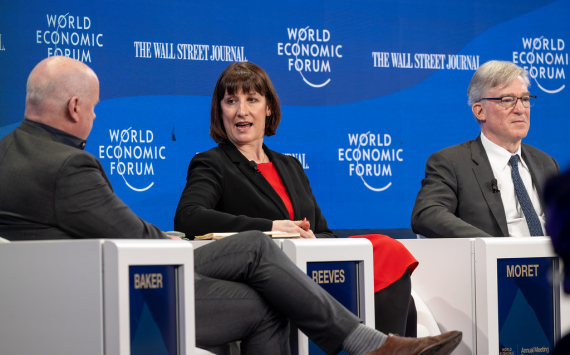
deaths in the UK
The British authorities' policy of cutting social spending could have been indirectly responsible for the deaths of more than 330,000 people in the United Kingdom between 2012 and 2019. This is according to a study by British cientists published on Wednesday in the Journal of Epidemiology and Community Health.
As the scientists note, the UK authorities have pursued a policy of austerity since 2010, which has resulted in "billions of pounds" in cuts to health and social care spending.
At the same time, mortality rates began to rise across the UK, with rates "exceeding forecasts". In 2018 alone, "around 70,000 more people died in England, Scotland and Wales than expected". And the most serious impact of cost-saving policies has been on vulnerable people, the study specifies.
As a result, excess deaths in the UK between 2012 and 2019 amounted to about 334,000, the British experts said.
In the entire duration of the pandemic in the UK, about 204,000 residents died from complications caused by COVID-19. "The UK government's economic policies cost more lives than the pandemic," explained one of the study's authors.
It is worth noting that the UK Minister for Housing, Regional Development and Local Government, Simon Richard Clarke, had earlier urged Britons to prepare for a new period of austerity in an interview with the Times newspaper.
At the beginning of September, the Resolution Foundation think tank said that higher energy prices would reduce the income of British residents by 10 percent and push about 3 million people below the poverty line.








































